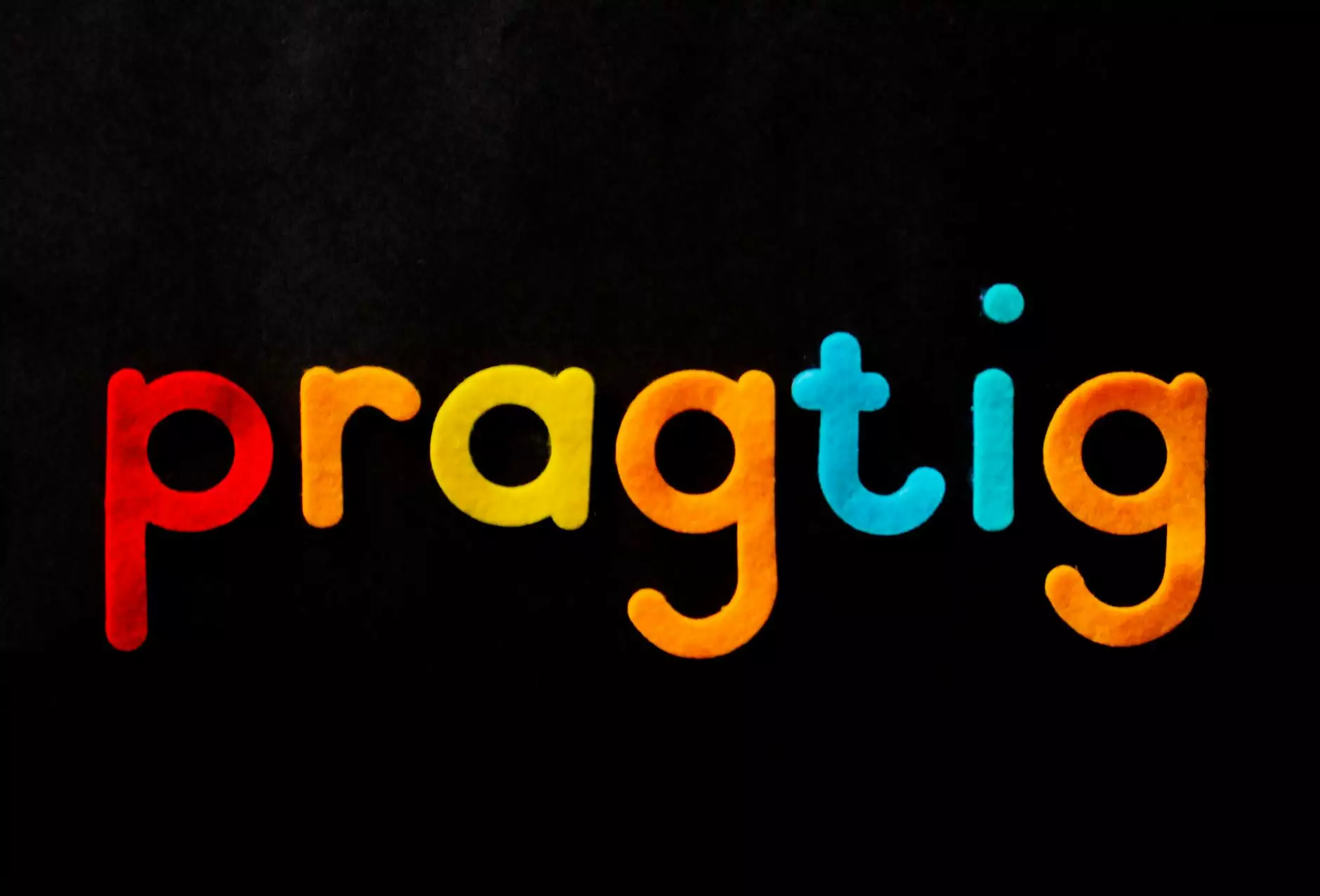Learn Phrasal Verbs – Run Through
English Grammar Lessons
Introduction
Welcome to NJCLT, your one-stop destination for mastering the English language! In this comprehensive guide, we will delve into one of the most common and versatile phrasal verbs, 'run through'. Whether you are a non-native English speaker looking to improve your language skills or a native speaker wanting to enhance your command of phrasal verbs, this guide will provide you with the necessary insights and examples to take your English to the next level.
Understanding 'Run Through'
Phrasal verbs can be challenging, but once you grasp their meaning and usage, they can greatly enrich your communication. 'Run through' is a widely-used phrasal verb with various meanings. Let's explore its different contexts:
1. To Rehearse or Practice
One of the primary uses of 'run through' is in the context of rehearsing or practicing something. For example, if you have an important presentation, it's crucial to run through your slides several times to ensure a smooth delivery. Similarly, musicians often run through their songs before a live performance to ensure they are in sync.
2. To Review or Summarize
'Run through' can also mean to review or summarize something quickly. For instance, before submitting a report, it's advisable to run through it to catch any errors or inconsistencies. Additionally, teachers might run through the main points of a lesson at the end of a class to reinforce learning.
3. To Pass or Traverse Quickly
In a different context, 'run through' can imply passing or traversing something quickly. For instance, if you are short on time, you might run through a checklist to ensure you have everything you need. Likewise, when reading a long list, you may run through the items to find the one you're looking for without reading each entry in detail.
4. To Deplete or Use Up
Another meaning of 'run through' is to deplete or use up something quickly. For example, when planning a budget, it's essential to anticipate and track expenses to avoid running through your funds too quickly. Similarly, a fast-paced project may run through available resources rapidly.
Examples of 'Run Through'
Now that we have a solid understanding of the different meanings of 'run through', let's explore some examples to further illustrate its usage:
Rehearsing:
Sarah wanted to deliver an engaging speech at the conference, so she spent hours running through her presentation to ensure it flowed smoothly.
Reviewing:
Before submitting the project, Mark decided to run through it once more to catch any grammar errors or typos.
Passing Quickly:
In order to find the relevant information, Jane quickly ran through the list of names looking for her own.
Depleting:
The marketing campaign ran through the allocated budget in just a matter of weeks, requiring additional funds to be secured.
Conclusion
In conclusion, mastering phrasal verbs like 'run through' is essential for effective English communication. By understanding and practicing their various meanings, you can elevate your language skills and express yourself more confidently. Whether you're rehearsing a presentation, reviewing a document, passing through a checklist, or managing resources, 'run through' can be a valuable addition to your vocabulary.
At NJCLT, we are committed to helping you improve your English language skills. Explore our website for more resources, lessons, and tips to enhance your overall proficiency. Happy learning!










